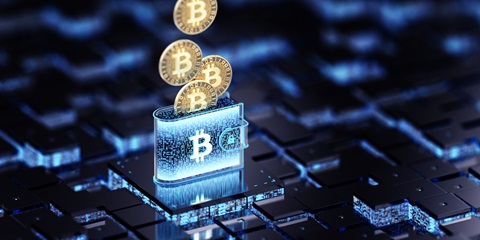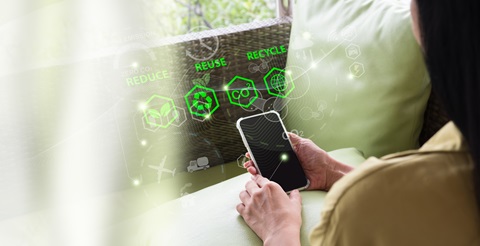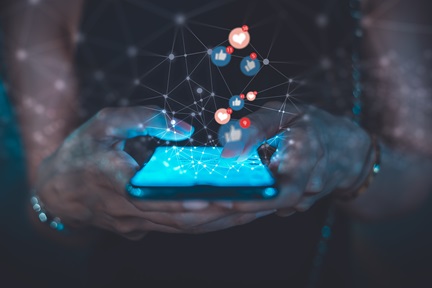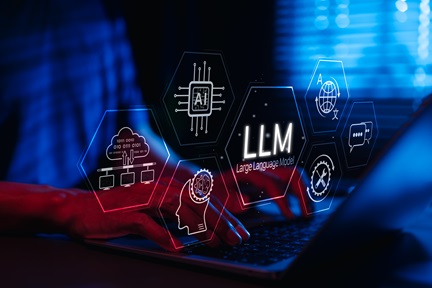SimplyGood: From a Mission to Rescue Waste to a Passion for Reducing Single-use Plastics
Built on the inspiration of waste valorisation – the process of reusing, recycling, or composting waste materials and converting them into more useful products – SimplyGood is an eco-friendly home cleaning brand based in Singapore that turns fruit waste into household cleaning products.
Hear from founder and CEO, Jeremy Lee, as he shares how SimplyGood was able to create dehydrated cleaning tablets using non-toxic plant-based ingredients, his thoughts on how companies can resolve environmental issues and his future plans for SimplyGood.
The initial approach at UglyGood to sustainability, was to reuse waste. What inspired you to take this approach? Any single episodes growing up that made you suddenly aware that waste must be managed and can possibly be reused?
We first got exposed to the food waste problem as freshmen in university through a startup pitch challenge. We headed down to Pasir Panjang Wholesale Center then to conduct some interviews to understand the problem space further and witnessed first-hand the huge amounts of food wasted daily getting tossed away despite what seemed like perfectly fine and edible fresh produce. That was the moment when we realised that there is a huge business opportunity in creating value from waste and developing a circular economy. That was how UglyGood started, and we started exploring business models around circular economies.
Moving on to SimplyGood, can you tell us in details and specifics, what were some early setbacks and how did you deal with them? How did your education and training in university or other schools prepare you to handle the various challenges?
We had to overcome product development challenges such as formulating a dry based cleaning tablet from liquid-based formulations. It was a new experience and vertical that we had to explore and learn very quickly. We spoke to formulation experts and partners to quickly help us get started producing minimum viable products and iterated and grew from there.
My university experience and training has taught me to self-learn and problem solve accordingly. That value added to the process of starting something new from scratch and taking it further from there.
Please elaborate on your considerations for incorporating sustainability efforts in the environment with regard to the day-to-day operations of the business.
SimplyGood is built on day 1 with sustainability in mind. The design and existence of our SimplyGood Cleaning tablets and business models directly leads to a positive environmental impact. We have designed the products and business model revolving around a circular economy and as the business grows with each cleaning tablet sold, we keep additional single-use plastic bottles out of the landfill alongside reducing carbon footprint and emissions as we remove the need to transport water. We also partner with other NGOs and the community to seed and spread sustainability efforts across the industry.
Are you looking for new ways to incorporate more sustainable solutions into your business venture? What are some other aspects of the business that you intend to make more sustainable in the foreseeable future?
Aside from product development that is centered around sustainability, we also look closely at how we can grow and spread our sustainability mandate alongside our business partners. For example, in logistics and supply chain, we ensure that our partners also adhere to our standards of sustainability and commitment to reduce single-use plastic by ensuring that shipping supplies and packaging used by our partners are procured from sustainable sources and materials avoiding single-use plastic as much as possible. As our business grows, we can influence different industries to spread and grow the sustainability movement.
What is your best advice for other like-minded enterprising individuals?
Just do it. Take the plunge and you’ll learn so much along the way. Most often the first idea or hypothesis of your business will not be right. Learn from the market and gather feedback as quickly as possible and iterate along the way. You’ll learn so much more in a short span of time by doing and executing on your idea.
What would you say to naysayers who believe that business and social goodwill (or social philanthropy) or climate consciousness, do not mix (are mutually exclusive)?
It is important to keep up with the times and be open-minded to new-age business models that consider triple bottom line as part of their DNA from Day 1. Aside from viewing social goodwill / CSR/ ESG mandates as good corporate governance, look at it through a lens of opportunity. These problems present huge market opportunities, gaps, and demand. At the same time, they will also allow businesses to develop a moat of competitive advantage serving new age customers.


.tmb-listing.png?Culture=en&sfvrsn=d48abb4_1)




